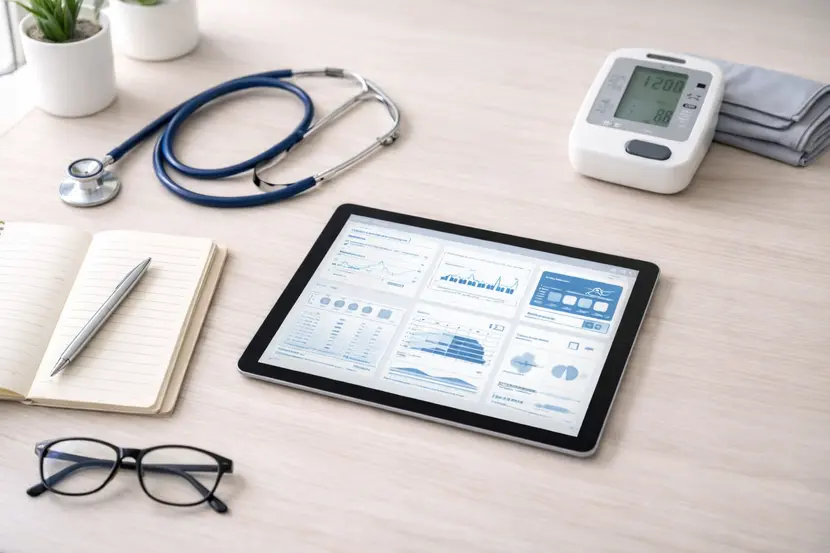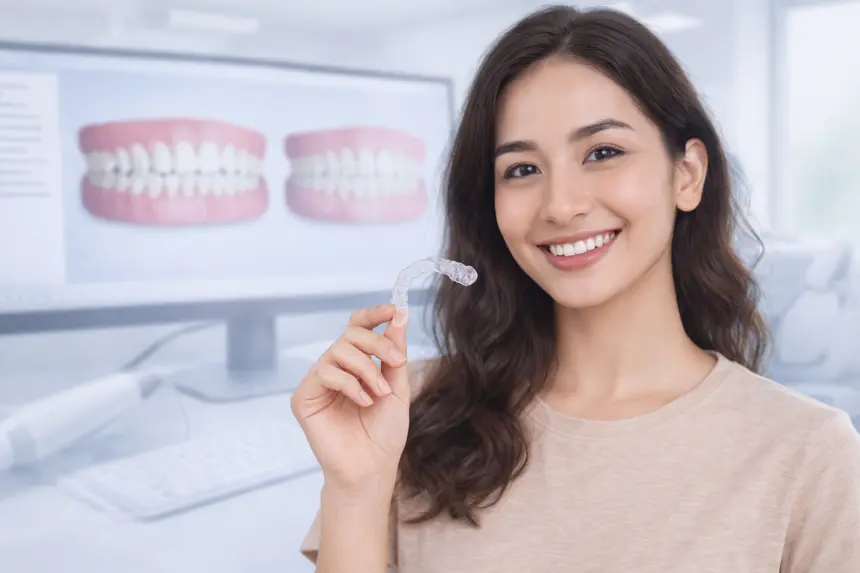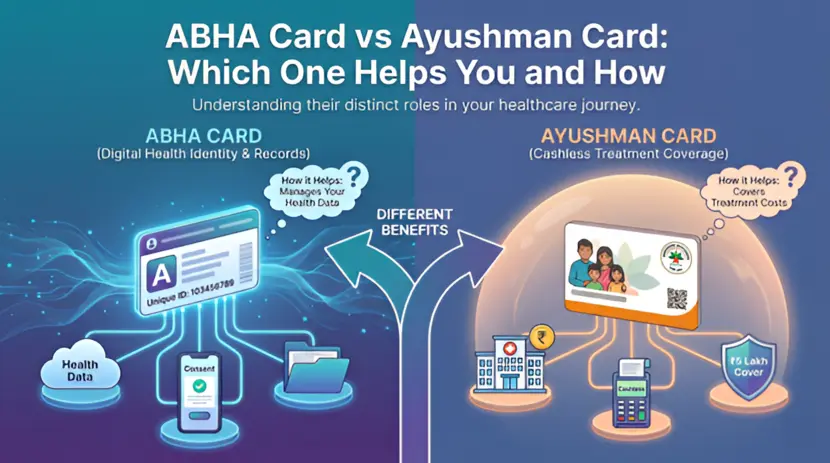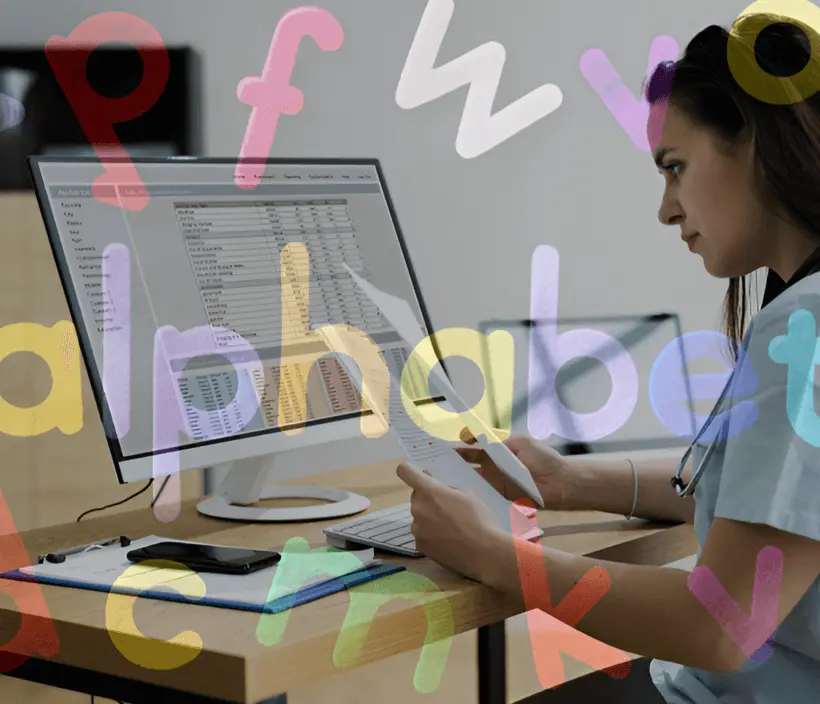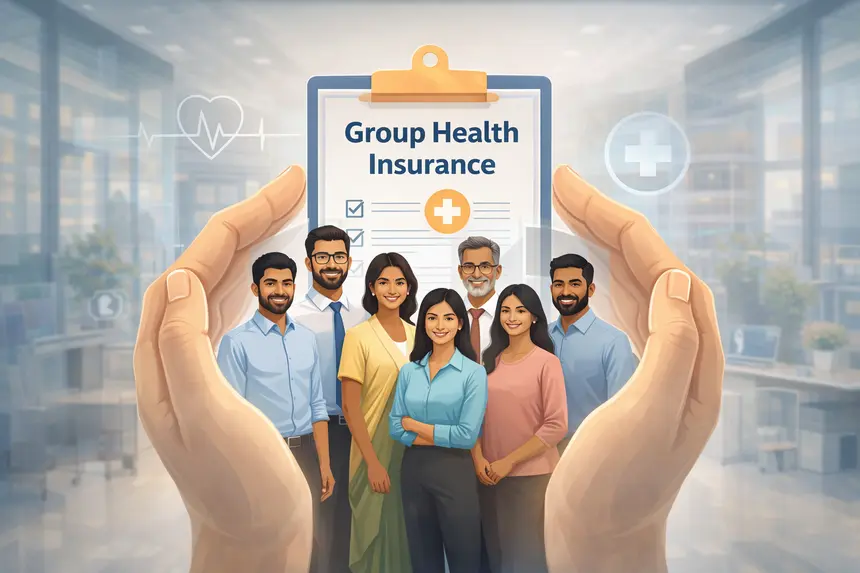Why You Should Treat Scent as an Extension of Your Personal Style
Personal style is generally characterized using clothes, accessories and grooming, but scent is equally a very potent tool in determining how one is viewed. A smell accompanies you everywhere, surrounds you even when you are out of a room, and
Read More



